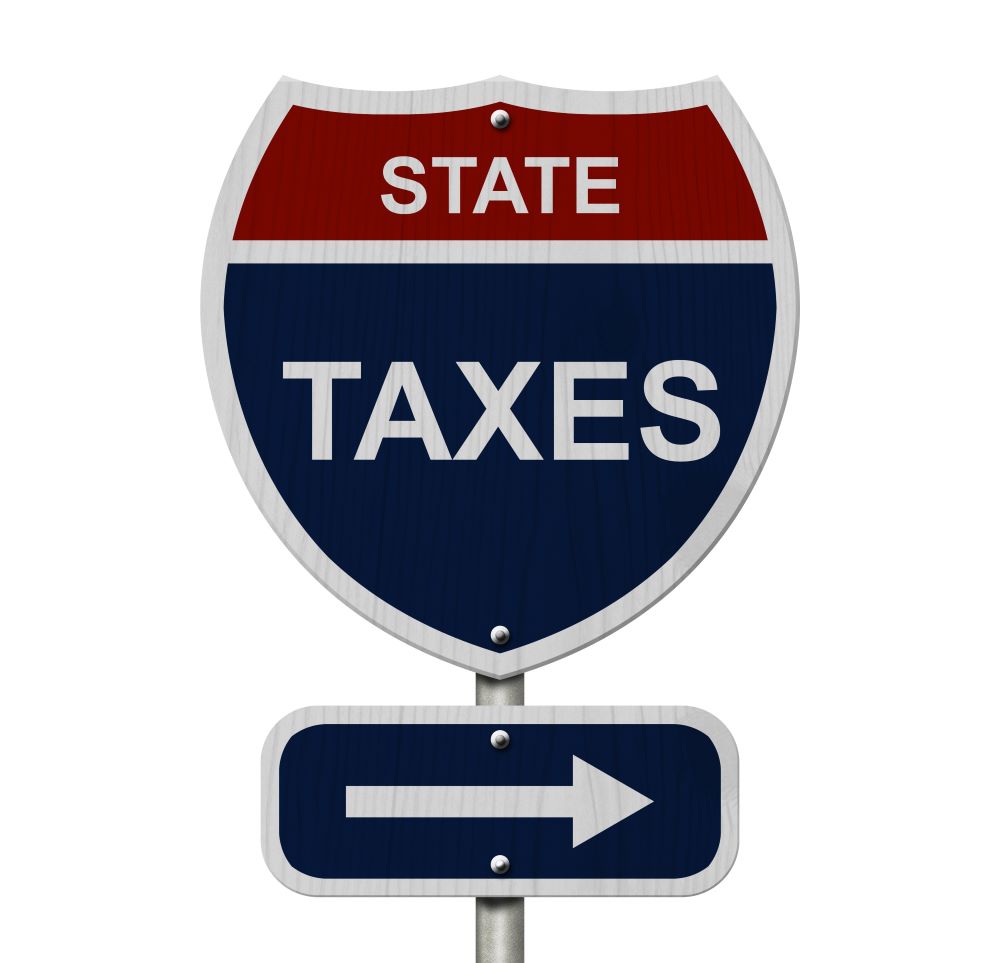State Tax Conformity with the CARES Act

The arrival of the COVID-19 pandemic last March sharply impacted both businesses and individuals as significant changes to everyday life were mandated to limit the virus’s spread. The combination of stay-at-home orders and forced business closures left many reeling from the almost overnight shifts. Given the magnitude of the situation, Congress passed the Coronavirus Aid, Relief and Economic Security (CARES) Act to provide comprehensive economic relief. For businesses, this resulted in the Paycheck Protection Program (PPP), Employee Retention Credit, and changes to Net Operating Loss (NOL) rules. It resulted in Economic Impact Payments, expanded unemployment benefits, and changes to the charitable deduction for individuals. While the Act addressed the tax impact of the changes on the federal level, it is up to each state to determine if they will take the same position.
To help clients, prospects, and others understand the state tax impact, Klatzkin has summarized key details below.
Business Provisions
- Taxes on Forgiven PPP Loan Funds and Related Expenses – The Consolidated Appropriations Act, 2021, ensured that forgiven loan funds and related expenses would be exempt from taxes and the expenses paid with PPP funds would be deductible. New Jersey (NJ), New York (NY), and Pennsylvania (PA) are all following federal government rules. As a result, forgiven amounts are not taxable, and expenses paid are deductible in all three states.
- Net Operating Loss (NOL) Rules – The CARES Act allows a business with a loss between December 31, 2017, and before January 1, 2021, to carry back the loss up to five years. Unfortunately, NJ, NY, and PA have different NOL calculations, and none of the states conform to the CARES Act changes.
- Qualified Improvement Property (QIP) – There was a change that permits QIP to qualify for 15 year-depreciation, which opens the door to 100% bonus depreciation opportunities for certain taxpayers. For NJ taxpayers, the state decoupled from federal depreciation rules in 2002, and that has not changed. PA follows federal law but has a different calculation for how bonus depreciation is calculated. NY also follows federal law but requires the completion of a depreciation adjustment schedule.
- Employee Retention Credit – This tax credit is designed to benefit those who retain qualified employees. Many are concerned about whether the income generated from the credit is taxable at the state level. Since it is a refundable federal tax credit, it is not taxable by any state.
- Business Interest Expense Limitations – The CARES Act increased the amount of business interest expense which could be deducted from 30% to 50%. On the state level, both PA and NJ follow federal changes, while NY has decided to decouple from federal regulations.
Individual Provisions
- Economic Impact Payments – These economic stimulus payments helped many individuals and families manage new expenses arising from COVID-19 changes. The good news is NY, NJ, and PA are not going to impose a state-level tax on these payments.
- Unemployment Benefits – To help those who lost employment during the year, the Act supplemented state unemployment with additional federal unemployment benefits. NY has indicated that unemployment benefits are taxable, including the extra $600 per week provided by the CARES Act. However, both NJ and PA do not tax unemployment and have not stated they would treat the additional federal benefits any differently.
- Self Employed PPP Taxes – Those who are self-employed and received a PPP loan are concerned about whether the proceeds will be taxable. NY, NJ, and PA follow federal rules regarding the treatment of forgiven PPP loans. The income is not taxable, and the expenses paid with loan funds are deductible.
- $300 Charitable Deduction – The CARES Act permits individuals to take a $300 above-the-line deduction for charitable contributions. This was designed to provide an additional incentive to make contributions to organizations also struggling through the pandemic. Unfortunately, none of the states allow the deduction.
- Required Minimum Distribution (RMD) Rollover – There was extra time given to initiate the rollover of an RMD into a retirement account since RMDs were waived for 2020. On the state level, NY follows federal rules, while both PA and NJ have not indicated any changes to existing rules.
- Retirement Plan Distributions – Many individuals turned to retirement plan savings to pay expenses as a source of income. There is concern about whether states will tax the distributions. New York will follow federal guidelines that allow income to be included on the state return over three years. NJ has not changed existing rules, which means the entire distribution amount will be taxed in 2020. Finally, PA has not specifically addressed this topic.
Contact Us
Conformity between state and federal tax laws can be confusing, especially when multiple states’ filing responsibilities exist. For this reason, it is essential to work with a qualified tax advisor to assess your situation and determine the best path forward. If you have questions about the information outlined above or need assistance with a tax filing or planning need, Klatzkin can help. For additional information, click here to contact us. We look forward to speaking with you soon.
©2021 Klatzkin & Company LLP. The above represents our best understanding and interpretation of the material covered as of this post’s date and does not constitute accounting, tax, or financial advice. Please consult your advisor concerning your specific situation.
